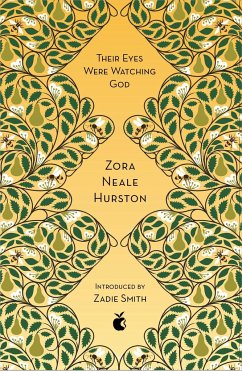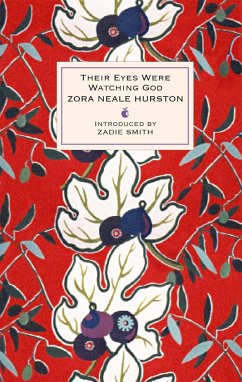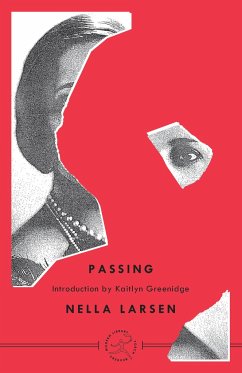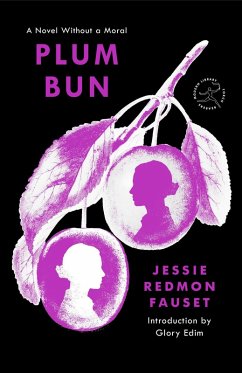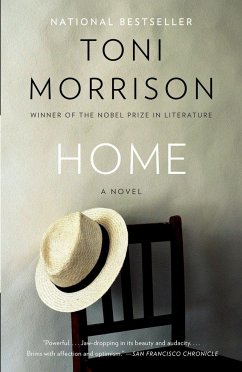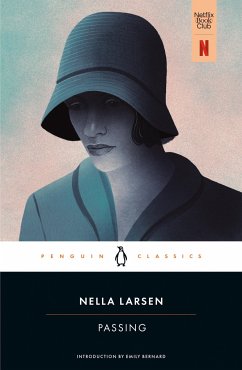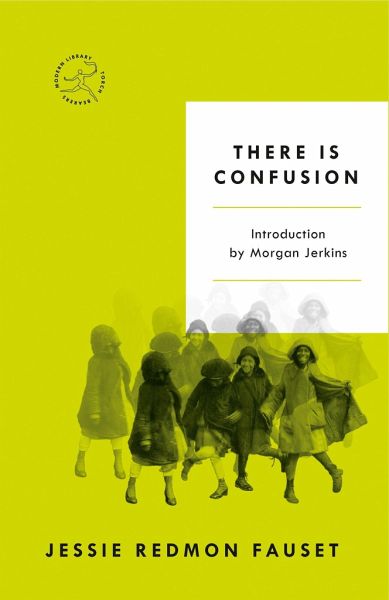
There Is Confusion
Versandkostenfrei!
Versandfertig in über 4 Wochen
12,99 €
inkl. MwSt.
Weitere Ausgaben:

PAYBACK Punkte
6 °P sammeln!
A rediscovered classic about how racism and sexism tests the spirit, ambition, and character of three children growing up in Hell's Kitchen and Harlem, from the literary editor of The Crisis, the official magazine of the NAACP Set in early twentieth-century New York City, There Is Confusion tells the story of Joanna Marshall, a talented dancer willing to sacrifice everything for success; Maggie Ellersley, an extraordinarily beautiful girl determined to leave her working-class background behind; and Peter Bye, a clever would-be surgeon who is driven by his love for Joanna. As children, Maggie, ...
A rediscovered classic about how racism and sexism tests the spirit, ambition, and character of three children growing up in Hell's Kitchen and Harlem, from the literary editor of The Crisis, the official magazine of the NAACP Set in early twentieth-century New York City, There Is Confusion tells the story of Joanna Marshall, a talented dancer willing to sacrifice everything for success; Maggie Ellersley, an extraordinarily beautiful girl determined to leave her working-class background behind; and Peter Bye, a clever would-be surgeon who is driven by his love for Joanna. As children, Maggie, Joanna, and Peter support each other's dreams. But when romance threatens to change the balance of their friendship, Joanna makes two irrevocable decisions--and sets off a chain of events that wreaks havoc with all of their lives. First published to immense critical acclaim in 1924, written with an Austen-like eye for social dynamics and insight into the lives of black women reminiscent of Nella Larsen, There Is Confusion is an unjustly forgotten classic about color consciousness, the rise of the black middle class, and the struggle for equality.




